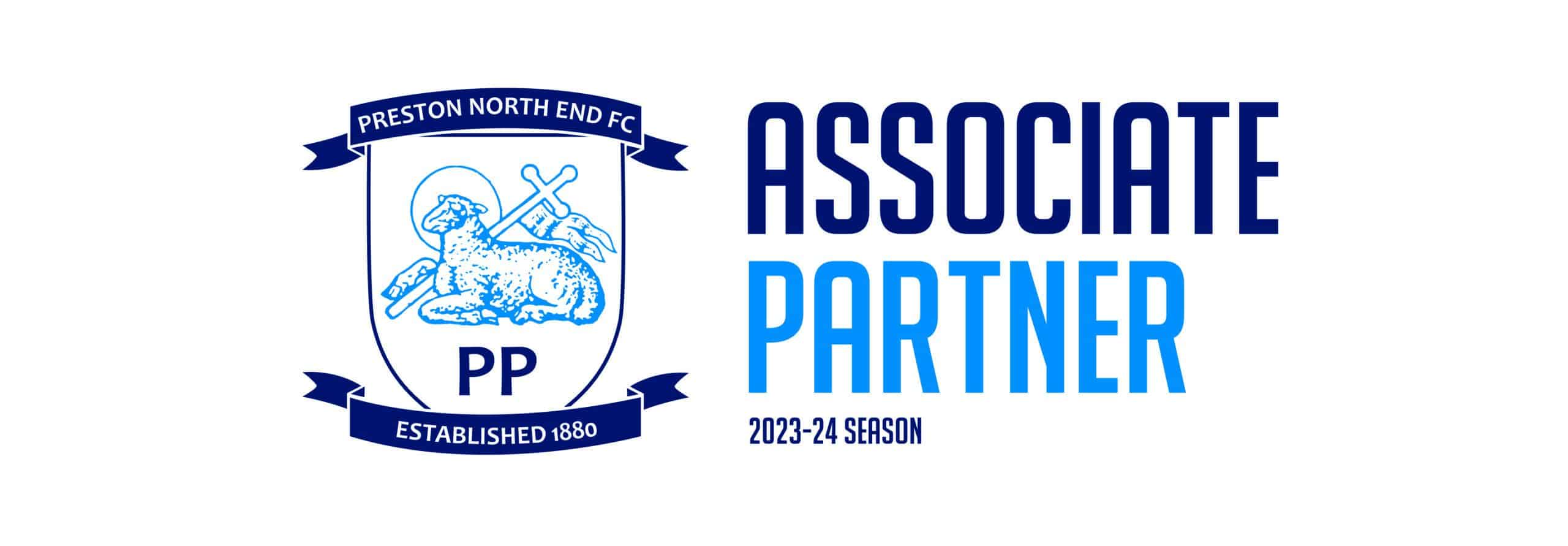Mortgages After an IVA
- Expert Mortgage Advice
- Thousand of Mortgage Product
- Speak To Us To See If We Can Help
Get in touch today for a free, no-obligation chat about how we might be able to help you.
Home » Bad Credit Mortgages » Mortgages After an IVA
Mortgages After an IVA
What is an Individual Voluntary Agreement (IVA)?
An IVA is a formal contractual agreement between a debtor and their creditor(s) that is reached after the borrower has failed to repay the loan within the agreed timescale and/or meet the agreed instalments. Plan length is determined at the outset but will typically be in the region of five years.
In this sort of arrangement, any interest that has accumulated will be frozen and you will not accumulate further interest charges once an IVA is in place. In some cases, the total amount to repay may also be reduced to what the insolvency practitioner deems to be an affordable amount, based on your current income and outgoings.
How does an IVA affect my credit history?
IVAs are considered to be a fairly extreme level of Bad Credit and are likely to reduce your credit score, which has likely already been impacted by the original debt. This, as any type of mark on your credit file, will stay on your credit file for six years from the date your plan commences.
How does my IVA affect my mortgage chances?
Whilst not many lenders are focussed on the actual numerical value of your credit score on your file, there are very few lenders willing to offer a mortgage whilst you still have an active IVA (one that you haven’t finished repaying) in place.
What happens when an IVA has been settled?
You will receive a ‘completion certificate’ from your insolvency practitioner to confirm that the IVA is settled and closed. Satisfied debts should be highlighted as such on your credit file, so it’s important to check that this has been updated prior to applying for a mortgage.
This will not only prove to the lender that your IVA has been satisfied, it will show them how long ago this happened, which can affect your eligibility with many lenders.
Can I get a mortgage when my IVA is settled?
Once you’ve satisfied (fully repaid) your IVA the market will begin to reopen to you, with some lenders becoming available when twelve months have passed, and more high street lenders joining the list two or three years after it’s been satisfied. There are even one or two specialist lenders who will look at applicants the day after their IVA has been finalised.
Bear in mind that six years after the IVA began, it will be completely wiped from your credit history, meaning it will no longer impact your ability to get a mortgage, no matter how long ago it was satisfied.
What deposit will I need if I’ve had an IVA?
It’s a possibility that lenders will require a larger deposit if you’ve had an IVA, even if it’s completely satisfied, as you will be considered a higher risk borrower. The length of time since you obtained your completion certificate plays a role in this decision, although lender criteria do vary from one to the next, so just because one lender needs a larger deposit, it won’t necessarily mean that they all do, or they all need one at the same level.
A typical minimum deposit for a residential mortgage is around 5%, but with most lenders you’ll often need to provide between 15%-30% if you’ve had an IVA recently. What they determine to be recent will, again, vary, but is typically between twelve months and four years. Generally, the further in the past your IVA is, the lower the deposit requirement that will be acceptable, and once six years have passed, normal minimum deposit rates will apply with most lenders.
How can I improve my credit score after an IVA?
There are a number of actions you can perform to rebuild your credit score, but the fact that you had an IVA will still have an impact if the minimum duration since satisfied required by lenders has not passed. In fact, the most reparative factor in improving your chances of getting a mortgage is the passage of time, assuming your financial conduct has improved since the IVA was taken.
Some more general tips to improve the credit rating include:
- Ensure you’re registered on the electoral roll
- Ensure all data held by the various credit referencing agencies is correct in terms of addresses, financial links to ex-partners, etc. If a mark against your credit is incorrect you can contact the relevant agency to have this updated.
- Pay your household bills on time
- Try not to extend future borrowing beyond 50% and ensure that all credit agreements are paid and up to date
How can a Mortgage Broker help?
Finding a mortgage when you have an IVA in your credit history can be difficult, however, experienced brokers, like ourselves, are able to review your explicit circumstances against the entire market, helping you to locate those lenders who offer more flexibility in this field of lending.
As well as helping to match your criteria to a lender, we can provide structured advice to help you get a mortgage in the near future, should it not be possible at the current time. This puts you in the best possible position to meet the necessary criteria further down the road.
Approved by The Openwork Partnership on 02/10/2023
YOUR PROPERTY MAY BE REPOSSESSED IF YOU DO NOT KEEP UP WITH YOUR MORTGAGE REPAYMENTS.
Useful Links
- Limited Company Director Mortgages
- Self-Employed Mortgages with One Years Accounts
- Buy To Let Self Employed Mortgages
- Documents needed for Self-Employed Mortgage
- Joint Mortgage Applications when One is Self Employed
- What Income do Mortgage Companies Look at Self-Employed
- Are Self-Cert Mortgages Still Available?
- CIS Mortgages
